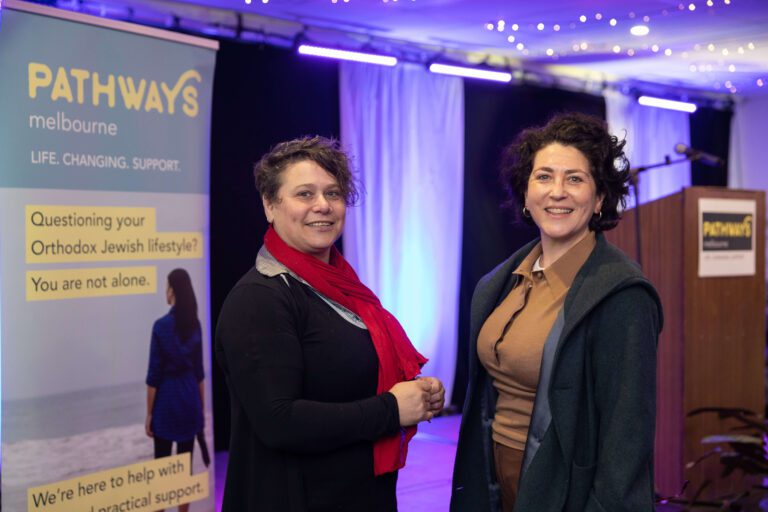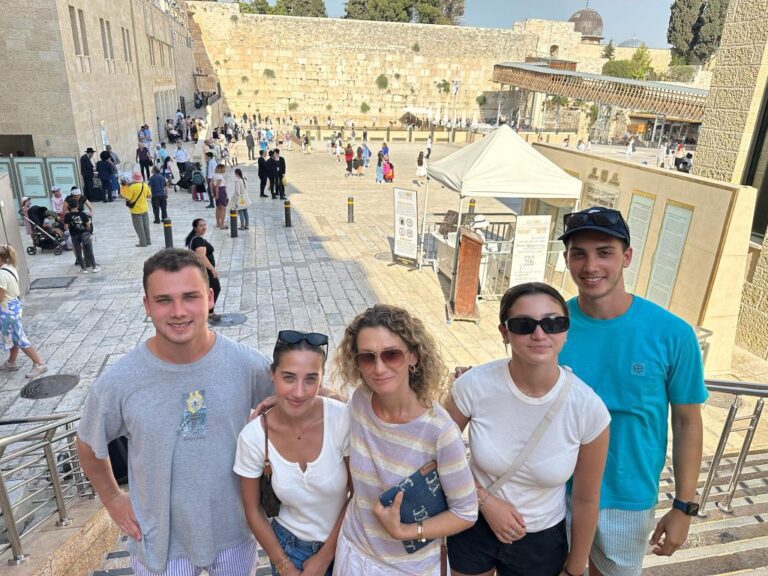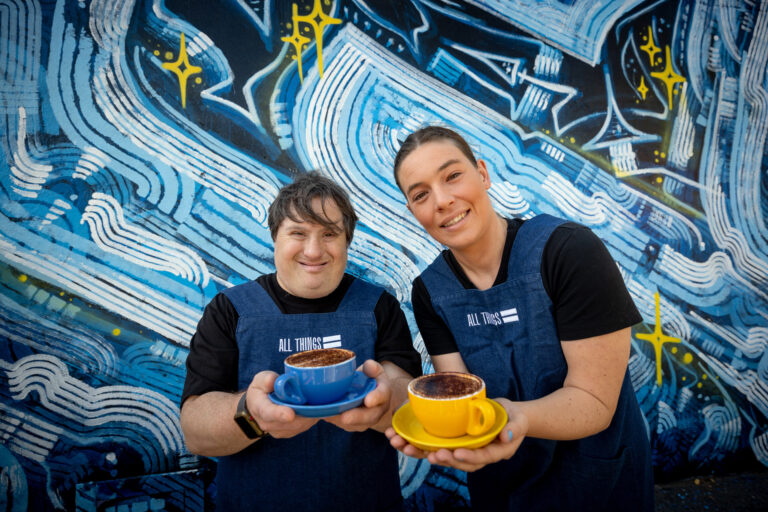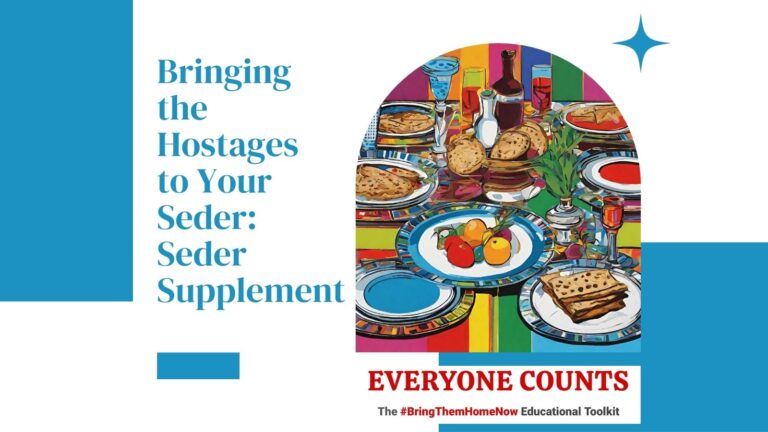Events are crucial for most NFPs. Whether that be volunteering, a fun activity, a panel, a shiur or chag-related festivities, they all require a lot of work. These can be difficult to navigate and I’m sure we’ve all organised something that just went completely wrong. Whilst there are always going to be the ‘dud’ events, we’re here to teach you how to create a successful event!
Budgeting
One of the first things and most uncomfortable is to determine what is the budget. Whilst it is possible to find deals or partner with restaurants to cater, not everything is free. Be realistic and make sure the event is feasible. Don’t skimp out on the basics or else attendees will see right through you. For example, if it is a barbecue, have enough food for everyone. If it’s an arts and crafts session, have enough supplies so people don’t have to share. A successful event is not always one that costs a lot but is one that follows a budget.
Cater to your audience
All of us are guilty of creating things we enjoy or believing everyone likes what we like. In reality our audience isn’t always duplicates of ourselves. Put yourself in the shoes of the intended audience and think about what you want. Remember, everyone has very busy lives and if they’re taking time out of their day to come to an event, it has to be a really compelling activity.
Keep it simple
In my experience, the more simple events are the best. Sometimes just a free food or free bar night event works best. When you add in activities such as an amazing race or a magician, it becomes gimmicky and can turn people off. Obviously, it depends on the audience and the goals of the event but remember, less can be better.
Have a goal
Create goals relating to the outcome of the event and the turnout. By setting goals, it’ll help direct you in the way you promote and plan the event. It’s always good to decide how many attendees you would want. If you don’t have a number in mind, you won’t know how much promotion you need to do. Similarly, if you have no intended outcome/purpose for the event, then the planning and execution will be messy.
Delegate tasks
Planning an event is not one person’s sole responsibility. It takes a lot of work. There should be a team working on different aspects of the event. One person should work on logistics (where/when/time/etc). Another person should be in charge of catering. Another can work on promotions and marketing. The fourth can find entertainment. Depending on what else you need or the size of the event, more people and roles may be added. Either way, when it’s left to one person to do everything, it’s a huge task and becomes a burden.
Promote your event
You’ve done the hard work in organising an activity but there’s no point to all of it if no one shows up. This is why it’s important to market your event. Post on socials, tell your friends, email your database and add it to TSB’s event calendar. Everyone on your team needs to work together to get people to come. If it’s a one-man-job, it can feel really defeating and it will reduce the success of the event.
Turn-up
This sounds super obvious but turn up to your own event. I’ve been to events where only one person on the team shows up and it’s actually really disappointing and off-putting. When the whole team isn’t there, it shows that the team itself doesn’t believe in their own event. And if your own organisation doesn’t believe in your event, then why should anyone else?
Fake it till you make it
On the day of the event, things most likely will go wrong. These are big undertakings and there’s bound to be a mistake or it may just get stressful. However, it is important that attendees don’t see you sweat. Your team should look like they’re having an amazing time. If your team is in a bad mood, looks stressed or are disappointed, it sets the tone for all attendees. Put a smile on your face and make the most of it.
Reflect
After an event, make sure to reflect on how it went. Give honest critiques and make sure the whole team is involved in the discussion. The only way to improve for next time is to get feedback.
Hopefully you’ve learned something new and are able to implement these techniques into your next venture! We know it’ll be one successful event!













